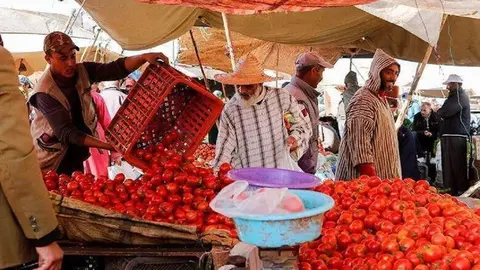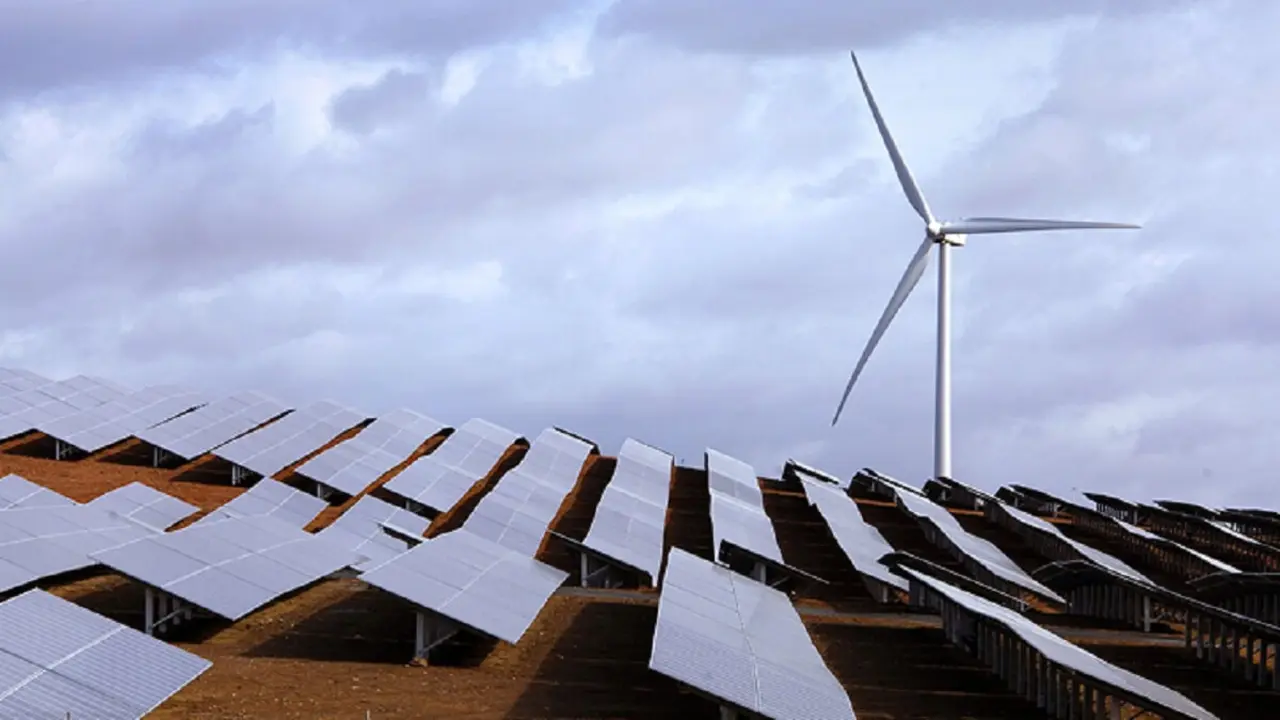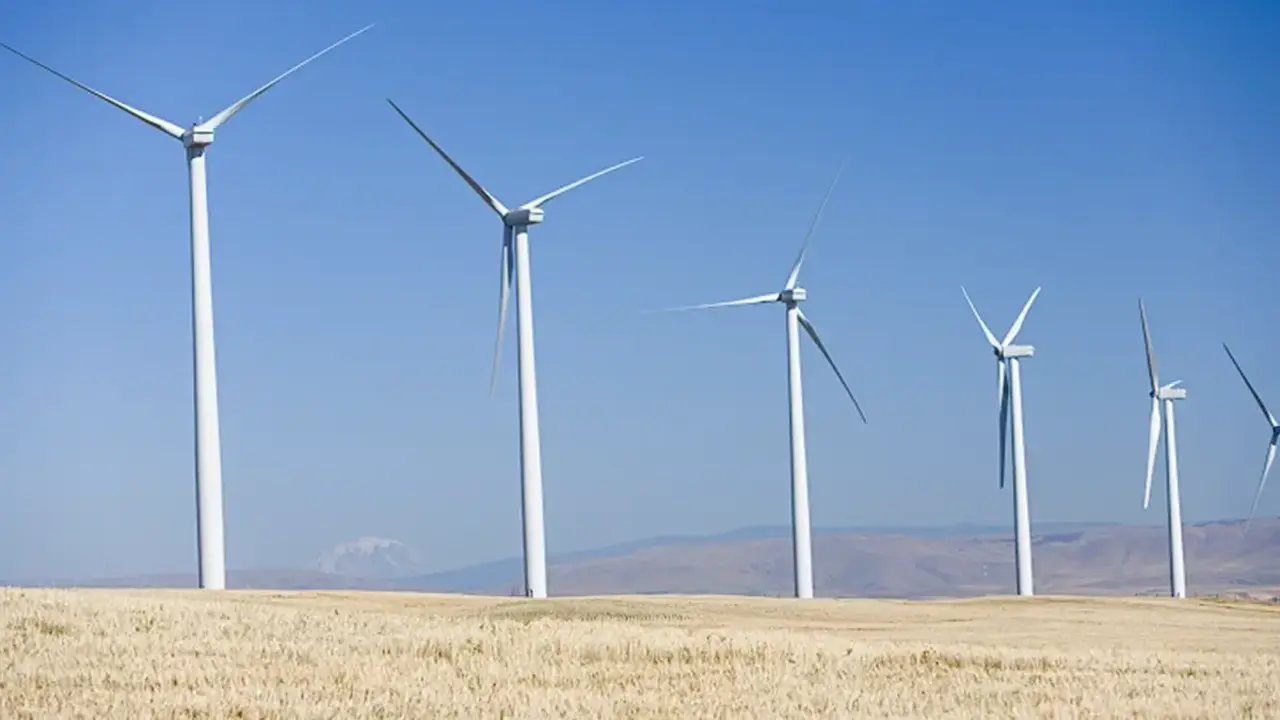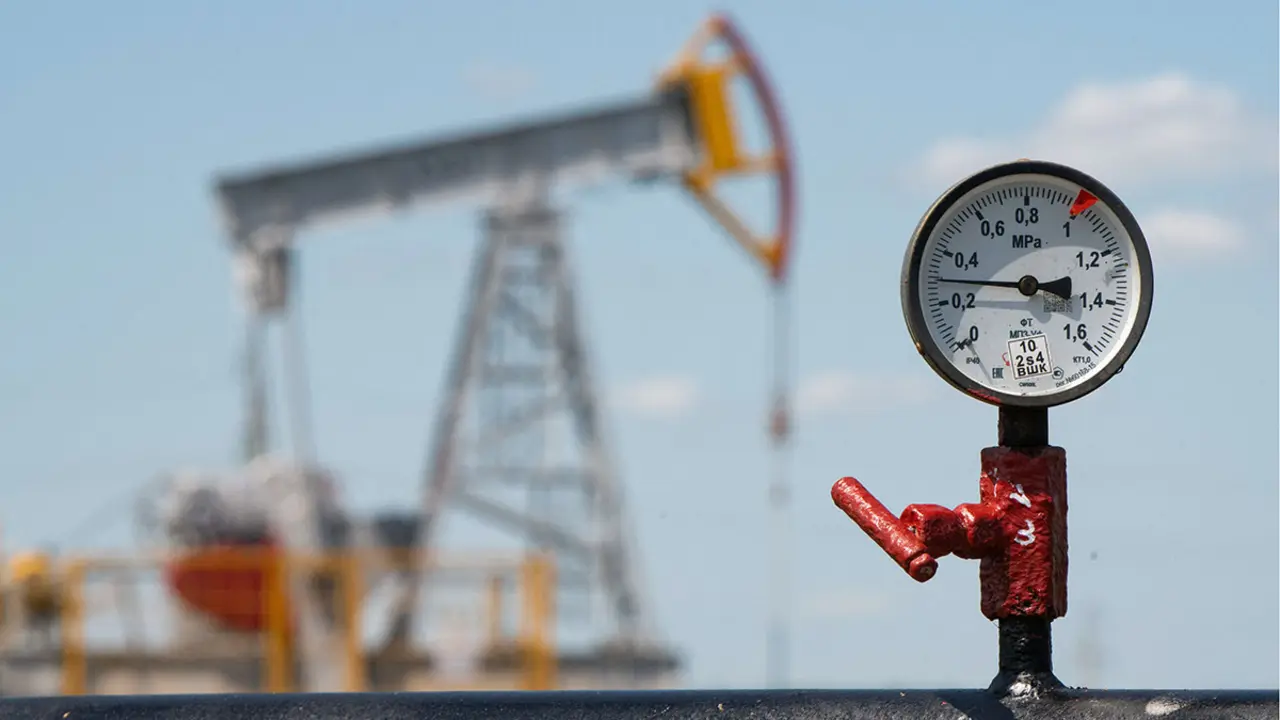Morocco dedicates its olive oil production to the domestic market

Morocco wants to use its olive oil production for domestic consumption. According to Maghreb Intelligence, the Moroccan kingdom will suspend olive oil exports in order to supply its domestic market with 9 million litres.
According to this information, the Moroccan Minister of Agriculture, Mohamed Sadiki, made the position official by approving the decree banning the export of olive oil, which could reach 9 million litres, a provision that will be published in the Moroccan Official Gazette.

This decision has to do with the sharp rise in the price of olive oil, which has reached almost 10 euros per litre. A situation that has occurred in other countries, such as neighbouring Spain, where the price has also reached 9 euros per litre.
In many cases, price rises have to do with the law of supply and demand. If there is little supply due to a shortage of product, then prices tend to rise for all those who demand it. In this sense, Morocco has experienced certain problems with its agricultural sector due to the persistent drought and this has also affected olive production, from which olive oil is generated, causing an exponential increase in the final price of the product.
Therefore, the Moroccan government's decision is likely to alleviate the inflationary situation in this area, as more product on the Moroccan domestic market is likely to lower prices. This would alleviate the economic situation for local consumers, allowing more reasonable prices for a product that is so important for Moroccan households.

Olive oil is a very important sector for the Moroccan kingdom, which is the second largest producer in North Africa and the Middle East, second only to Tunisia. In the world ranking, led by Spain, the Moroccan kingdom is the ninth largest producer of olive oil, with a harvest of more than 217 million litres in 2022.
In this way, the Moroccan government continues to support the sector with various initiatives, such as the one recently adopted by which the Moroccan government and the Moroccan Interprofessional Olive Oil Federation (Interprolive) reached an agreement to improve the productivity of the olive oil sector between now and 2030, with an investment of 16.9 billion dirhams, of which the state has pledged to contribute 8.3 billion dirhams. This plan aims to reach an area of 1.4 million hectares of olive groves, compared to the current 1.2 million hectares, with the rehabilitation of up to 100,000 hectares of production areas, and thus reach 3.5 million tonnes, compared to the current 1.7 million tonnes, as reported by Olimerca.
Olive growing in Morocco takes place mostly between October and December, with enclaves such as Meknes, Marrakech, Beni Mellal and Ouazzane standing out.









